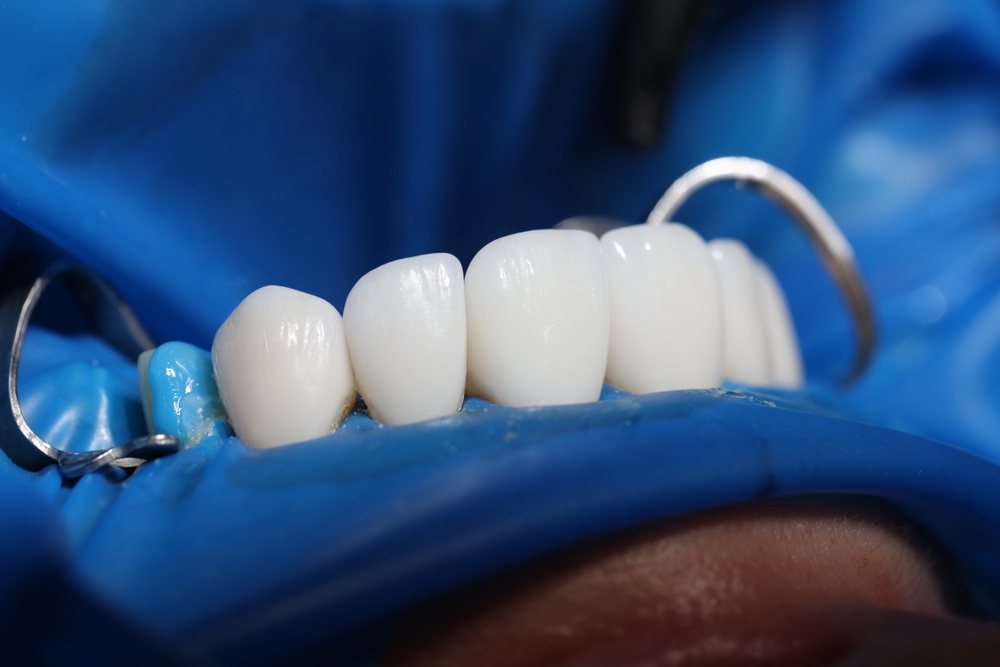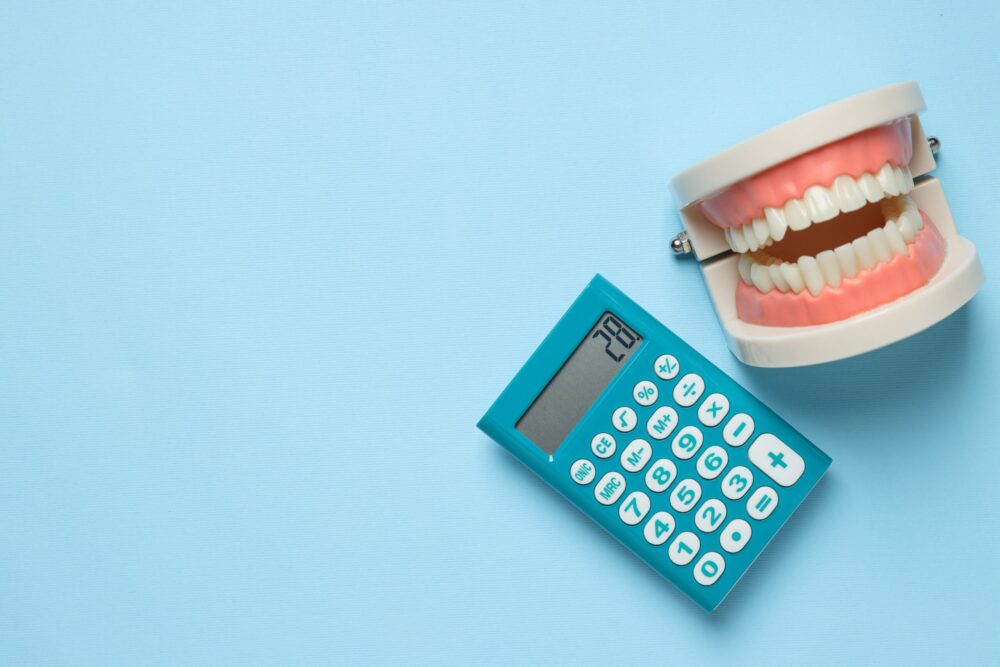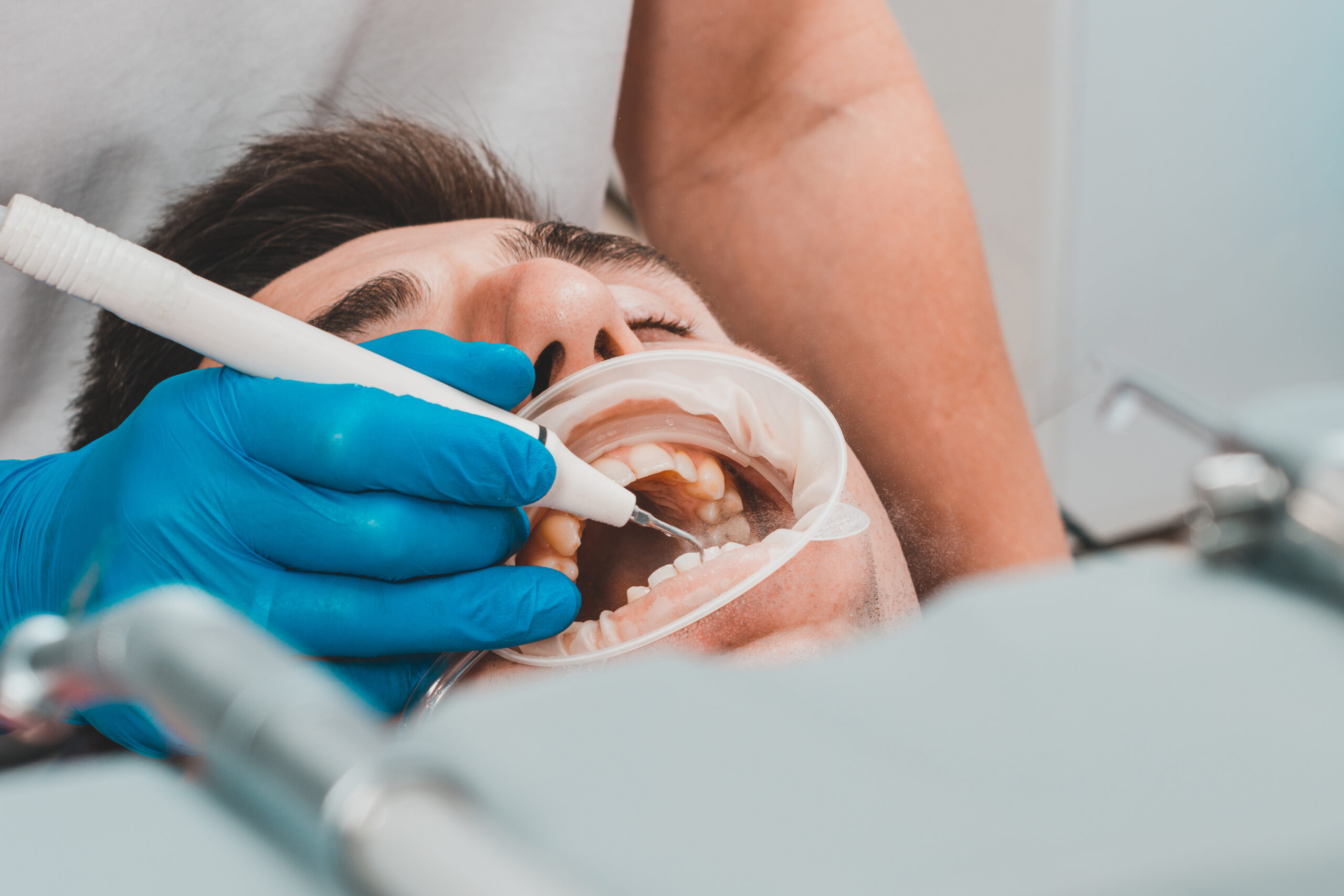The topic of mental health has been surfacing in headlines more often in recent years. As medical professionals and researchers continue to explore and investigate, it has become clear that our mental health is far more important than many people have ever realized before. In fact, in the U.S. alone, it is estimated that 33.7% of people between the ages of 18 and 25, 28.1% of those between 26 and 49, and 15% of those 50 and older are battling some form of mental illness. Those statistics are staggering.
But perhaps just as eye-opening is the linkage between certain physical health elements and our mental health. Take a simple toothache, for example. Did you know there was a connection between your dental and mental health? There is, and in this article, we’ll tell you what you need to know.
Data Insights: The relationship between depression and toothaches.
Dental research has found an interesting link between dental pain and mental health, particularly focusing on depression. One study published by Frontiers in Oral Health found that individuals with depression are more likely to experience frequent toothaches. This connection stems from various factors, including the stress and anxiety associated with mental health struggles, which can lead to neglect of personal care, including oral hygiene.
The same research suggests that people suffering from depression often report poorer dental health compared to those without depression. This isn’t just about feeling down; it’s about how these feelings can make someone less motivated to brush, floss, or visit the dentist regularly.
Scientific Perspective: Periodontal Disease and Mood Conditions
The Centers for Disease Control and Prevention (CDC) reports that a significant number of adults suffer from periodontal disease. Specifically, 42% of people over the age of 30 are affected. This condition doesn’t just impact oral health; it also has a pretty significant connection to mental health.
A comprehensive study in the UK involving 64,379 adults with gum health issues resulted in a strong link between periodontal disease and mental health conditions. An estimated 37% of individuals with gum disease developed mood disorders like anxiety and depression. The symptoms of periodontal disease, such as bad breath, shifting teeth, loose teeth, and even tooth loss, can lead to significant emotional distress.
Coping strategies for managing toothaches and mental health.
These statistics are eye-opening, to say the least. And when we break it down, a toothache is a pretty miserable experience. It can make it hard to focus at work or school, can make eating a challenge, and can make it difficult—if not impossible—to sleep. And what happens when we’re hungry, overtired, and in pain? We become irritable.
Then, think of this from the perspective of mental health. If we’re already on edge, batting anxiety, depression, or another form of mental illness, any new challenge that comes our way is exacerbated and more difficult to battle. So, you put toothaches and mental illness together, and it’s not a great combination.
So, what can you do to help you reduce your stress and anxiety, and what can you do to help address a painful toothache? Let’s answer the second half of that question first—if you are experiencing a toothache that doesn’t go away on its own with the typical home remedies for tooth pain, you need to request an appointment with your dentist. Doing so is the only way to rule out if something more serious is going on, and to help you get the pain relief that you need.
And to answer the first half of our question above, it is also necessary to take steps to alleviate stress wherever possible. Doing this can help alleviate those symptoms of stress and anxiety.
Here are some tips from your endodontist near Griffin, Georgia:
1. Mindfulness and Relaxation Techniques
Taking time each day to practice mindfulness or engage in relaxation activities like deep breathing, meditation, or yoga can significantly reduce stress levels. These practices help calm the mind, making it easier to handle pain and anxiety.
2. Regular Exercise for Stress Relief
Physical activity is a powerful stress reliever. Whether it’s a brisk walk, a run, or a dance class, regular exercise helps release endorphins—your body’s natural painkillers and mood lifters. It can also distract you from daily worries.
3. Maintaining a Healthy Oral Care Routine
Keeping up with daily dental care, such as brushing twice a day and flossing, can prevent issues like toothaches and gum disease, which are linked to increased stress and anxiety. Good oral hygiene is crucial for physical and mental health.
4. Seeking Professional Mental Health Support
If stress and anxiety become overwhelming, it may be helpful to talk to a mental health professional. They can provide strategies specifically tailored to manage mental health conditions effectively and offer support and guidance.
5. Creating a Support System for Emotional Well-being
Building a network of support with family, friends, or support groups can provide emotional comfort and alleviate feelings of isolation associated with both dental pain and mental health issues. Sharing your experiences and feelings with others who understand can be incredibly reassuring.
Don’t suffer from a toothache—request an appointment today.
Thankfully, with a quick trip to the dentist and some preventive dental care, we can help treat your toothache. Don’t suffer any longer than you need to. Plus, taking care of your toothache will also help you feel better—in body, mind, and spirit. Request an appointment with the best dentist near Griffin, Georgia, today.






